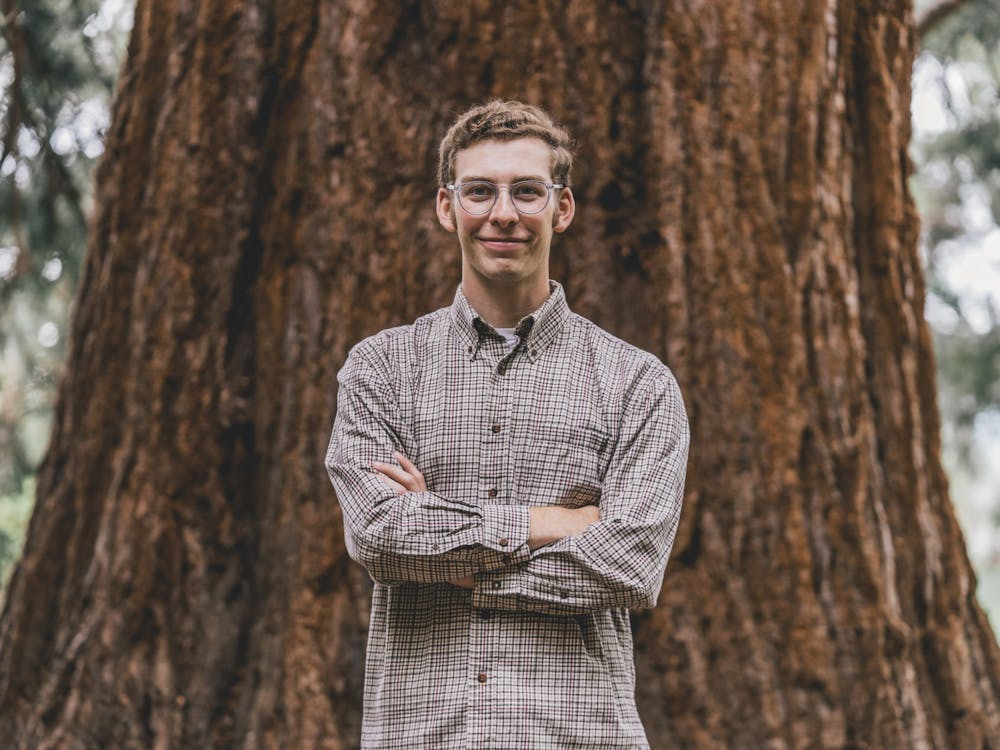Phillip Ellefson (The Beacon)
By Philip Ellefson, Staff Commentary
Showers have long been respected as good thinking spots. Creative-minded people often say that their best ideas come to them in the shower, where, relaxed and free from distractions, their minds can work in new ways.
When you're in the shower, I'm sure you think about a great many things. You think about the day ahead of you and the day behind you. You think about how to write your history paper due next week and how to approach that cute guy or girl in your English class. You think about the loftiest questions and search for the most metaphysical answers.
But rarely does anyone taking a shower actually think about the act of taking a shower.
Until March 8, dorms across campus are taking part in Campus Conservation Month by trying to use less water and electricity. Students are taking fewer and shorter showers, turning off lights when they leave rooms and unplugging unused appliances.
Whether or not you take part in Campus Conservation Month, I challenge you to do one thing: Just think about the next shower you take.
Be conscious about what's going on in the shower stall after you shed your clothes and turn on the hot water. Ask yourself whether your body is really dirty enough to need cleaning or whether it's just part of your daily routine.
Think about how hot the water is and how much energy it takes to heat it to that temperature. Do you need a steamy shower to get clean?
As you lather that sticky, translucent goo into your hair, consider what it really is. Try to pronounce each ingredient listed on the back of the bottle - that alone is scary. Seriously, what the hell is hydroxyisohexyl 3-cyclohexenecarboxaldehyde? (This is actually an ingredient in some shampoos.)
After you put the first type of goo in your hair, ask yourself why you're putting a second, slightly more opaque goo in your hair. Are both goos necessary?
Think about the reasons you have a different soap for your body than you do for your face. Try to explain the difference between the two soaps.
Ponder the meanings of the several chemical mixtures in plastic bottles surrounding you. Consider the amount of energy and time and money it took to invent, produce and ship all those substances.
And after you've thought about all these things, think about how long you've been in the shower. Estimate how many gallons of hot water you just poured on your body, and think about how much it would take at minimum to clean yourself.
If you go through this thought experiment, you should be shocked. It should drive you to be more conscientious about how you use water and hygiene products.
You don't have to change the world single-handedly, and you don't have to go full-hippie and give up bathing altogether. But next time you take a shower, just think about what's really going on.
Philip Ellefson is a sophomore English major. He can be reached at ellefson15@up.edu.








